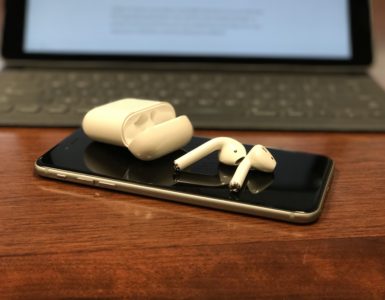
Part of the joy of reading books? Giving them away.
I have given away my personal copy of The War of Art four times. I didn’t go out and buy four copies, intending to give them as gifts. Instead, while carrying a personal copy with me, I met someone I thought needed the book, and said, “Here, take this. Read it. It can change your life.” (Each time I’ve given it away, I bought myself another copy within a week. Yes, it’s that good.)
Richard Dawkins’ The Blind Watchmaker had a profound effect on me. Reading that book changed my personal understanding of God forever. But I didn’t buy it. I didn’t seek it out. Someone left a copy on my desk in my office at the University of Southern Mississippi. They gave it away.
My bookshelves are filled with books recommended by friends. Many of those were spontaneous gifts. “Here,” someone said. “I just finished reading this. I really liked it. I think you would, too.” And there, on the spot, they passed it to me.
As publishers go the way of the dinosaur their greed — and their fear, and their lack of imagination — has driven them to place ridiculous limits on what people can do with the ebooks they buy. One of those limits — making it impossible for someone to give an ebook away — flies in the face of how books have been promoted and circulated among friends for centuries.
When I buy an ebook, I should be able to give it away. With a click of a button or a tap of a link, I should be able to give it to you. The book would disappear from my device … and appear on yours. I would no longer have a copy. If I wanted another, I would have to buy it (or convince you, or someone else, to give a copy back to me). Once you own it, you should be able to do the very same thing.
Great ideas — life-changing ideas — don’t always come to us because of reviews, or store displays, or promotional campaigns, or references on blogs. They come to us from friends, from people we trust, and, sometimes, from people we don’t even know.
By keeping us from giving books away, publishers may squeeze a few more pennies out of a dying business model … but, ultimately, they’re pounding one more nail into their own coffin.





Add comment